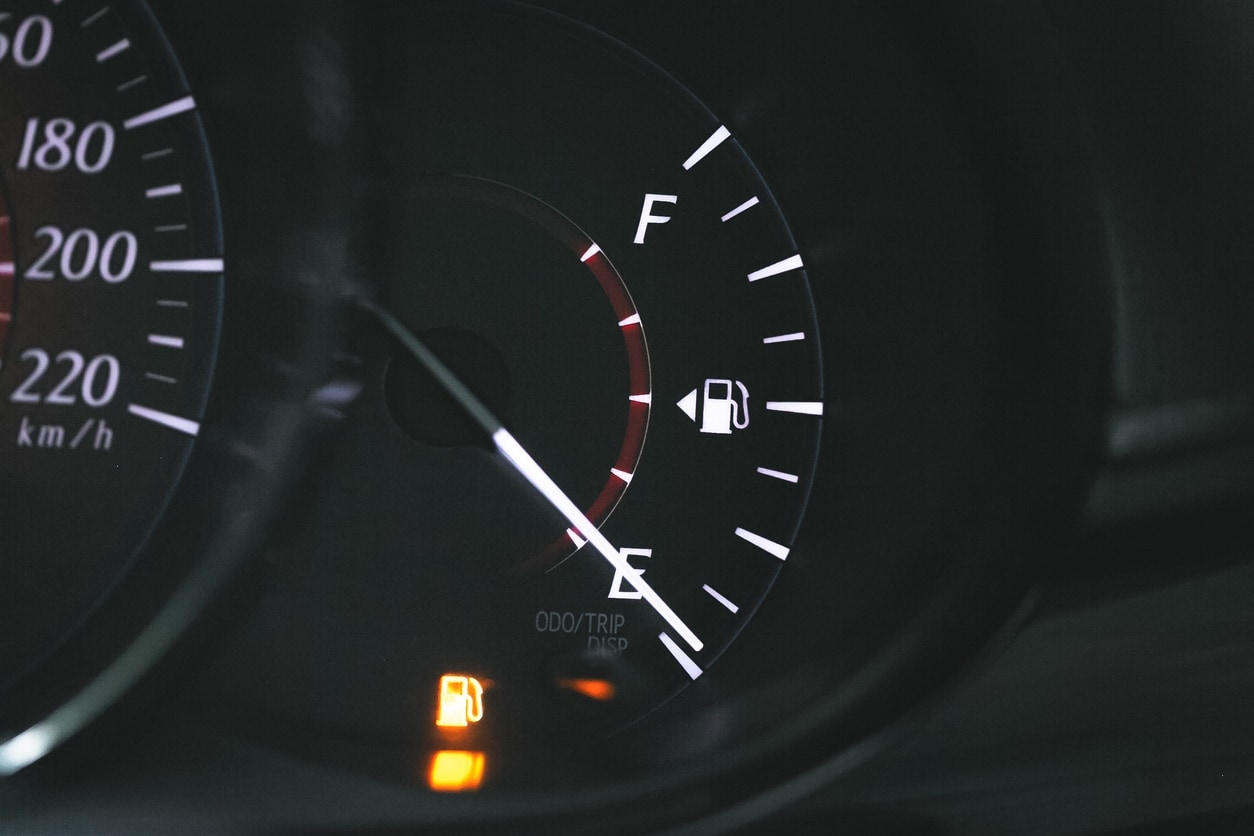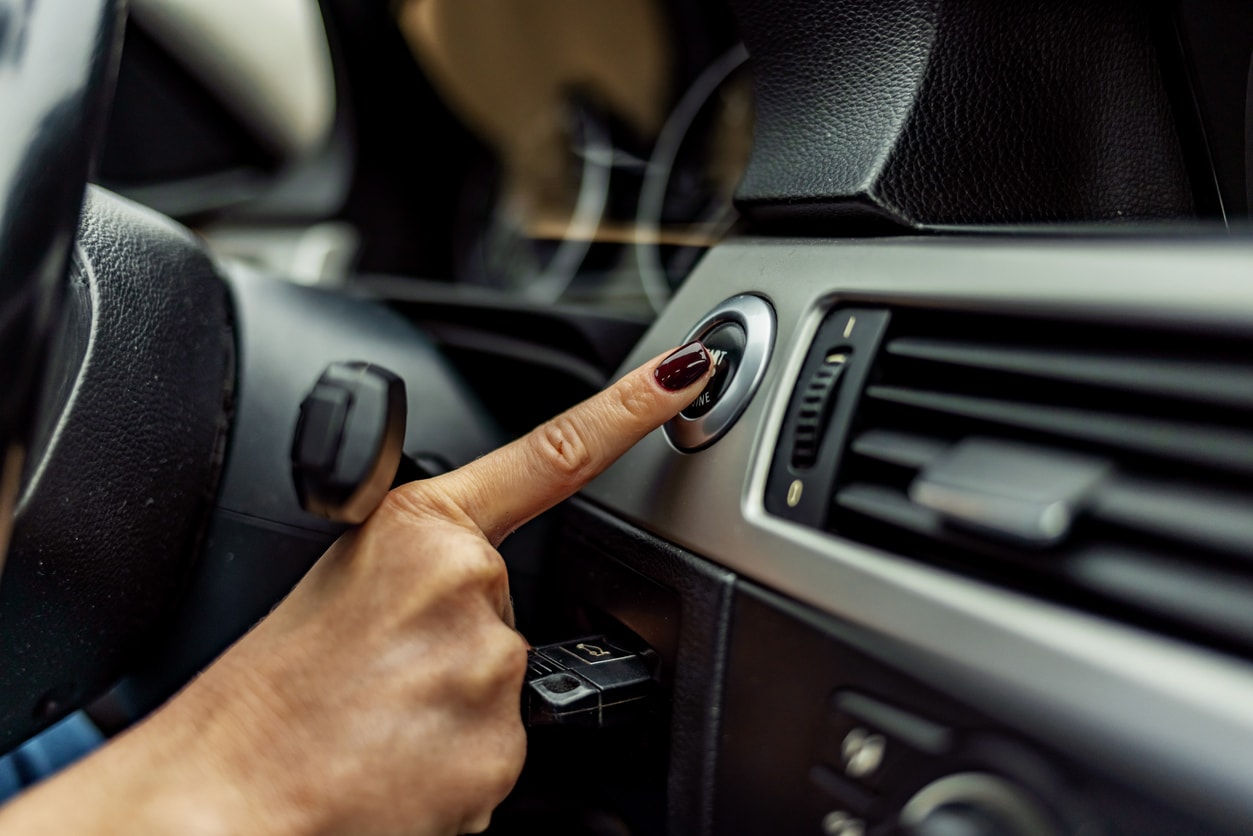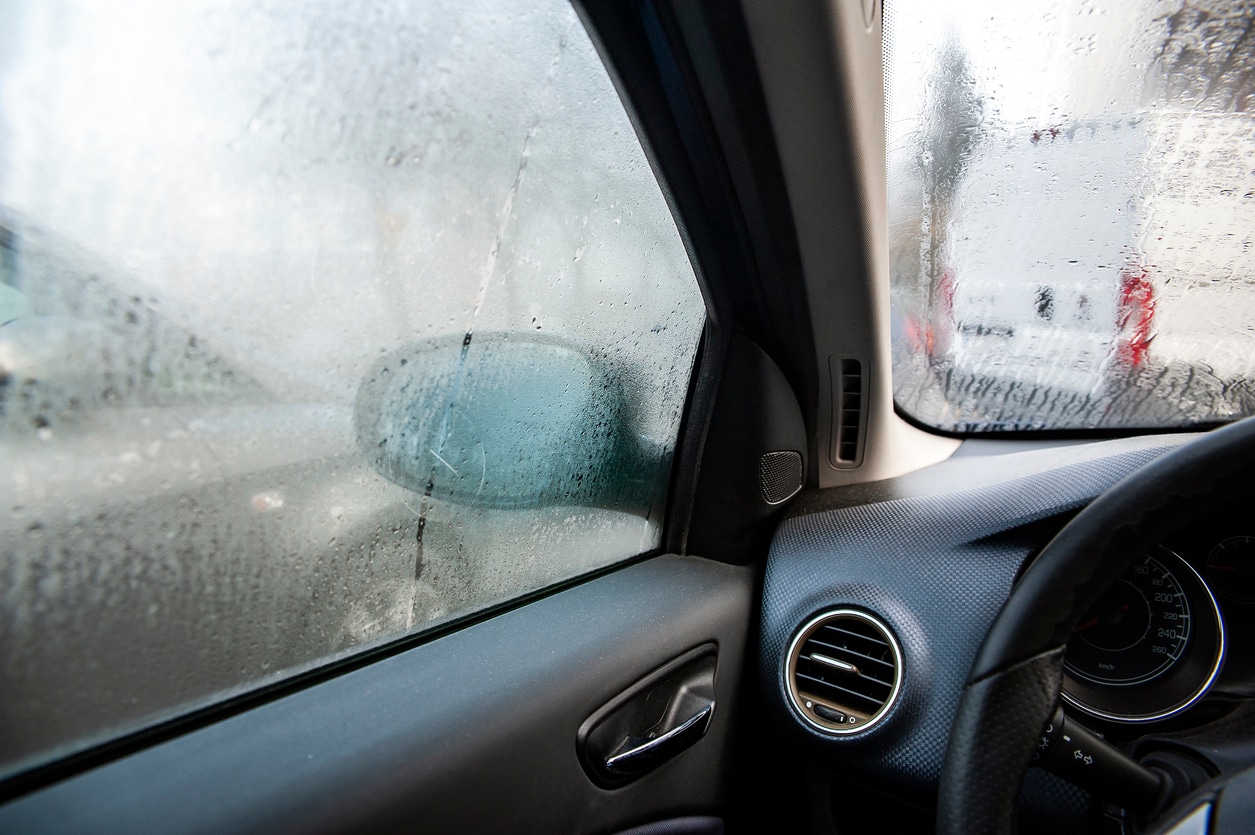
How Long Can I Drive With My Gas Light On?
Running your car on empty might seem harmless, but it can cause major damage. Learn how long you can drive on empty, what can happen to your engine, and more.
Read More
CV joints (constant velocity joints) are flexible joints that evenly transfer power from a vehicle’s transaxle or differential to the CV axle half shafts and onto the wheels. There are several intricate parts that make a CV joint work, but the two most important parts – and the parts most likely to need service – are the cage and bearings that give the joint its fluid flexibility, and the CV boot that protects the bearings.
Constant velocity joints are special – and especially important to front-wheel and all-wheel vehicles – because of the flexibility their ball-bearing construction lends to the vehicle’s drive axles. Because CV joints are equipped with roller bearings, they are able to continuously transfer a constant velocity from the transaxle or differential, to the CV axle half shafts. CV joints even transfer power while absorbing the up and down motion that naturally happens with the suspension components and tires rolling on bumpy roads with debris, and the left and right motion of front-wheel drive and all-wheel drive steering.
Front-wheel drive vehicles have two CV axles in the front, rear-wheel drive vehicles with independent rear suspension have two CV axles in the rear, and all-wheel drive vehicles have four CV Axles connected to the drive wheels. The CV axles are always connected to a transaxle and/or a differential, giving power to the drive wheels.
Since functioning CV axles and CV joints ensure that power is continually transferred to the drive wheels, a corroded, locked up or otherwise malfunctioning CV joint will often result in lost power transfer and CV axle failure.
If you are experiencing any of the following symptoms when driving your vehicle, it may be time to replace your CV joints:
Your CV joints are a critical component that keeps the wheels on your car moving, and you on the road. For this reason we highly recommend a drivetrain inspection on the CV joint and CV boot components as a regular part of your vehicle maintenance routine. It’s relatively easy to visually inspect your own CV boot at home; simply inspect the exterior of the boot looking to make sure the boot is sealed tight and undamaged.
Another option is to bring your car into a local Firestone Complete Auto Care center for regular steering and suspension maintenance checks. During these checks our technicians will inspect your vehicle’s CV joints and boots, as well as your CV axle half shafts, universal joints and 10 other critical steering and suspension components.
If you are experiencing unnatural vibrations, clunks, clicks or any of the other symptoms outlined above, we highly recommend bringing your vehicle in for service as soon as possible since those indicators are a good sign your CV joints may already be damaged and on its way out to failure.
For more information about CV joints, or to make an appointment to have your drivetrain inspected, contact a neighborhood Firestone Complete Auto Care store today.

Running your car on empty might seem harmless, but it can cause major damage. Learn how long you can drive on empty, what can happen to your engine, and more.

You know your alternator is important. But do you know what happens if it wears out? Check this list of common signs to look for if your alternator is failing.

Have you ever noticed that your car fogs up inside, especially when it’s cold outside? Why does that happen? This guide will explain why and how to fix it!